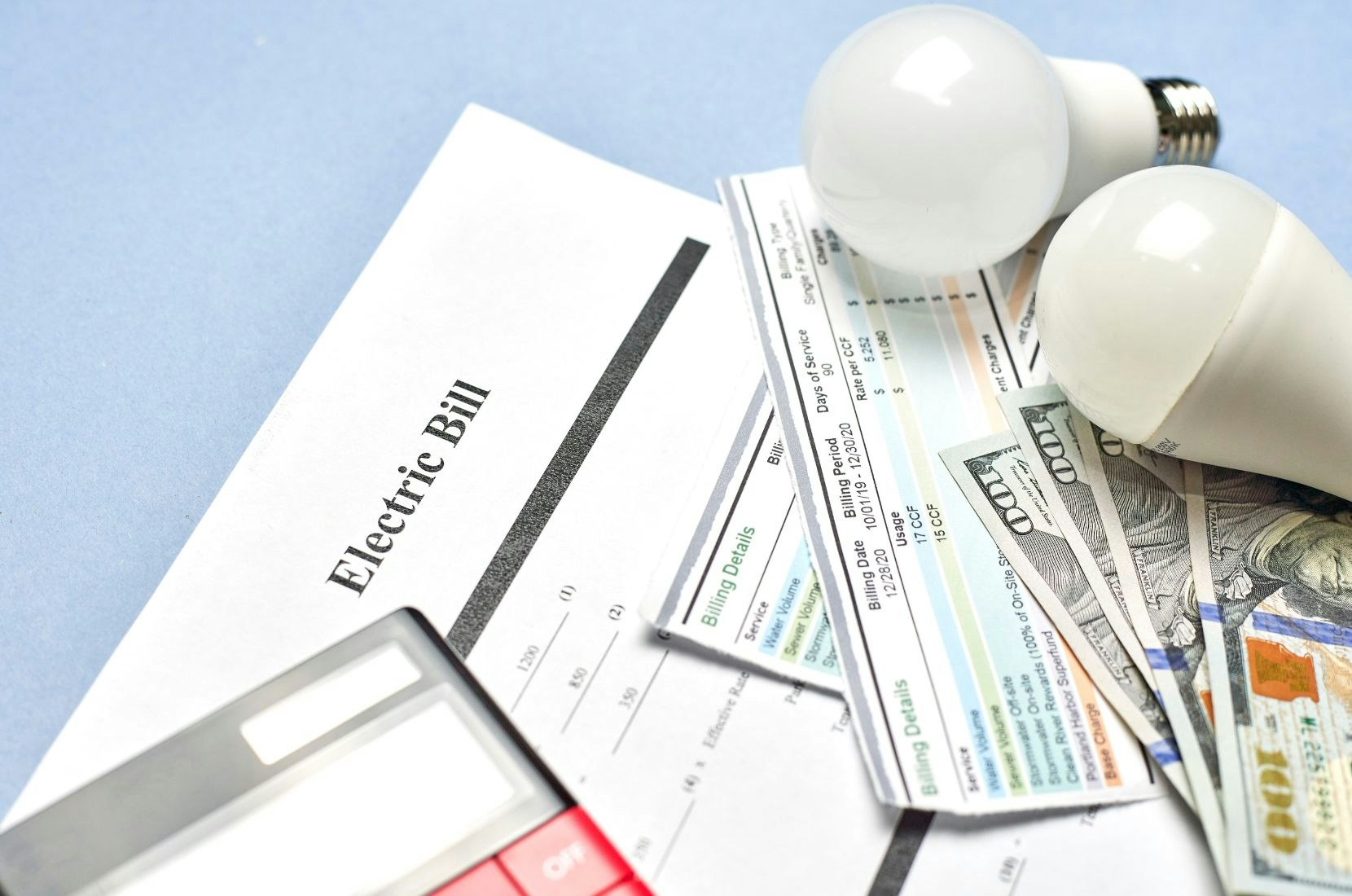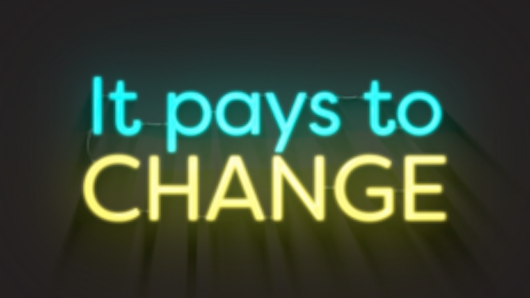
By Kate Harvey
Content Manager | Pou Whakahaere Ihirangi
The Power Credits scheme that gives households $110 a year if they’re struggling with the cost of coming off low-user plans has been extended.
The $5 million Power Credits scheme was set up by the electricity industry. It aims to help power users who are struggling as the low-user charge is phased out. It’s been extended this week to 2032.

The low-user charge phase-out started in 2022. The fixed cost that low users pay to be connected to the grid has risen every year since then. The maximum annual fixed charge is increasing from $110 to $660 by 2026 to align it with what standard users pay.
A mid-point review of the phase-out has found 40% of households have higher power bills because of the phase-out. Those most affected have been low-income, single-person households and elderly people living on their own.
How to get the $110 power credit
Customers can get a $110 power credit each year from their electricity providers if they’re finding it hard to pay their bill and have previously been on a low-use plan.
Contact your power company to ask if your household is eligible for the credit.
An extra $110 is available annually to households that seek professional budgeting advice.
Why are low-user plans being phased out?
Those on a low-user plan had been paying a lower fixed charge since 2004 because of a regulation aimed at encouraging households to use less power.
A government-commissioned review recommended scrapping this low fixed charge. The review found the lower charge wasn’t fair on standard users. Many standard users are low-income households that use a lot of power because they are large families or are heating homes that are poorly insulated.

Are you paying too much for power?
We'll help you compare and find the best electricity and gas plan. Check now to see if you’re getting the best deal.



